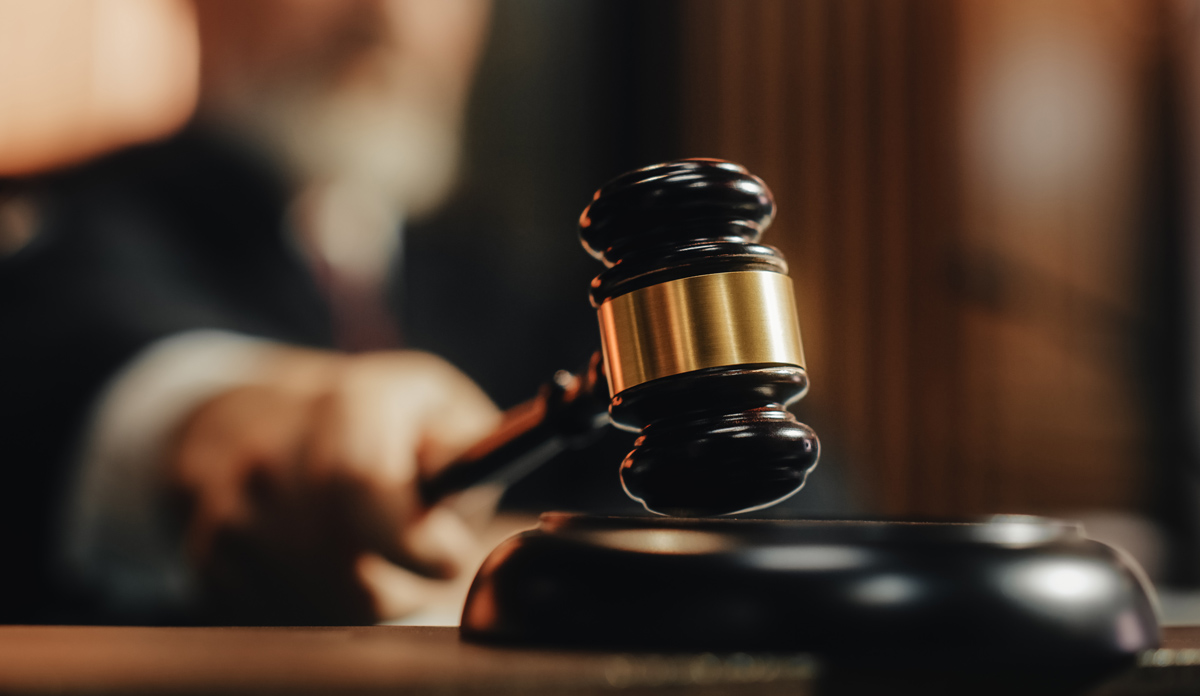
Nonetheless, the district still allowed FCA to organize and meet on campus as a “student interest group.” Two of the main differences between FCA as a student interest group and ASB-recognized groups on campus were that FCA could not have an ASB bank account or recognition in the yearbook. As part of the lawsuit, FCA sought a preliminary injunction that would require the district to again provide ASB recognition to FCA.
Because the group was not prohibited from meeting on campus, only prohibited from ASB membership, the court analyzed the ASB program as a “limited public forum” that allows government actors to place reasonable, content and viewpoint neutral regulations on expression/speech. (See, Christian Legal Society v. Martinez (2010) 561 U.S. 661, 679-683.) In a limited public forum, “a regulation [on speech] that serves purposes unrelated to the content of expression is deemed neutral, even if it has an incidental effect on some speakers or messages but not others.” The court found that the district’s nondiscrimination board policies, served a purpose unrelated to the content of the plaintiffs’ expression and, instead, were intended to “engender a positive feeling going to campus and a feeling of connectedness among students by uniting them around common interests.”
As to the plaintiffs’ argument that the district violated their rights of free exercise and expression of religion, the court cited to a Supreme Court case for the proposition that “the right of free exercise does not relieve an individual of the obligation to comply with a ‘valid and neutral law of general applicability on the ground that the law proscribes (or prescribes) conduct that [one’s] religion prescribes (or proscribes).’” (Employment Div., Dept. of Human Resources of Oregon v. Smith, 494 U.S. 872, 879 (1990).) Further, the Free Exercise Clause “does not inhibit enforcement of otherwise valid regulations of general application that incidentally burden religious conduct.” According to the court, the district’s board policies applied generally to all ASB groups and did not specifically target religious groups. Thus, Board Policy 0140, “Nondiscrimination in District Programs and Activities” and 5145.3, “Nondiscrimination/Harassment” did not violate the plaintiffs’ right to the free expression and exercise of religion.
As to the plaintiffs’ Fourteenth Amendment Equal Protection claim, the plaintiffs were required to make a showing that they were “singled out for unequal treatment on the basis of their religion.” Again, the court found that while the policy incidentally burdened the plaintiffs, it did not single them out because it applied equally to all ASB groups. The court also found that the district did not violate the Equal Access Act, which prohibits public schools from denying equal access or fair opportunities to a group based on the content of the group’s speech at their meetings. (See Truth v. Kent School Dist., 542 F.3d 634, 645 (9th Cir. 2008.) The Ninth Circuit previously held that a nondiscrimination policy did not violate the EAA because it was content-neutral and “did not preclude or discriminate against religious speech, but rather proscribed discriminatory conduct.” (Id.; emphasis added.) The court found that the district’s policy here was also content-neutral and did not prohibit religious speech, only acts of discrimination.
Plaintiffs appealed the denial of the preliminary injunction to the Ninth Circuit. Because this is a matter of statewide concern, on July 25, CSBA’s Education Legal Alliance (ELA) filed an amicus brief with the Ninth Circuit in support of the district. On Aug. 29, the Ninth Circuit Court of Appeals reversed the district court’s decision and issued a preliminary injunction requiring the district to reinstate FCA as an ASB-recognized club. A detailed analysis of the Ninth Circuit’s decision was published on the CSBA blog on Sept. 6, and can be read at blog.csba.org/fca-sjusd/.